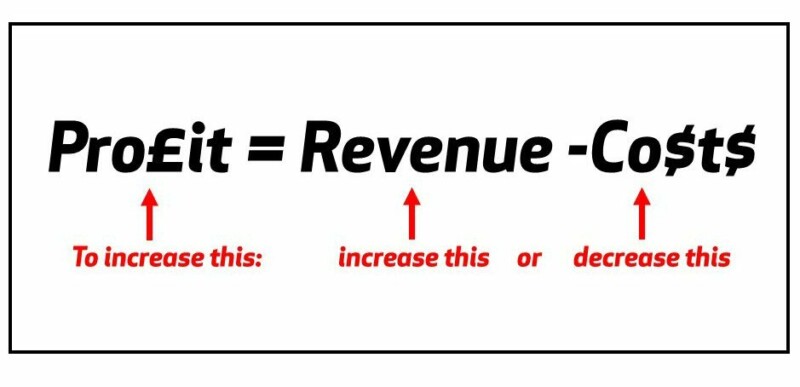Is Total Profit Management the Way Forward?
I have frequently said that travel is no more than information at the point of sale. When a customer buys travel it is just information on a computer. It does not yet exist. Interestingly, the appeal of the product can grow or shrink depending on the date it will actually be consumed. A room night in Sydney with a view of the New Year’s Eve celebrations has far more appeal than the same room out of season in August. A flight from Berlin to London is far more appealing on a Friday night when you want to get back from a business trip than the same flight on a Saturday. This change in attractiveness with respect to time can result, for example, in a Friday flight costing nearly double the same flight on a Saturday.
These variations in demand are well known in the travel industry. The field of revenue management has the objective of capitalising on changing demand by varying prices accordingly. Forecasting demand against the supply of rooms or seats is an exercise in manipulating data, the goal being to maximise revenue for a finite stock of inventory by raising or lowering prices.
So, in November I was in Amsterdam, chairing EyeforTravel’s Smart Travel Data Summit. At the conference, there were a quite a few revenue managers. I mentioned a subject that I have heard presented before: total revenue management. This is where the objective is to, not only maximise room revenue, but also factor in food and beverage revenues as well revenue accruing to the hiring of conference rooms and banqueting halls. It might be that total revenue management could have you lowering room rates to attract more guests who will then spend in the restaurant and at the bar, thereby increasing total revenue.
I then had the thought that, even though so many were revenue managers were in the conference room, actually this is not what business is about. The aim of any business should be to maximise profit, not revenue. Following this thinking, what a commercial concern really needs are profit managers, not revenue managers, so I mentioned this to the audience and asked why don’t we start thinking about total profit management? Well, I was quite surprised when I introduced my next speaker because his presentation was precisely on this subject.
His name was Nicolas Alsterdal, Director European Revenue Management from Choice Hotels International. He gave a fantastic presentation on what he thinks are the five steps towards achieving a total profit maximising organisation. He mentioned: 1. the Directions, 2. the Competencies, 3. the Partnerships, 4. the Indicators and 5. the Leadership. You really needed to have been there to hear the detail behind each of these. It was a very well thought through presentation.
Leadership was step 5. I had voiced the thought before his presentation that perhaps businesses need a Chief Profit Officer and, at the centre of Nicolas’ last slide was such a role: a CPO.
Now, I have never met a Chief Profit Officer but the last role Nicolas had at Nordic Choice Hotels was Total Profit Manager, which is certainly getting close. I need to consider whether a Chief Profit Officer would really just have the same role as a CFO or CEO or whether it would truly be a new C-level position, a Chief Revenue Officer but concerned with harnessing data to keep costs down and revenue up, ie. maximising profit. Is there a place in the travel industry for Chief Profit Officers? What do you think?
